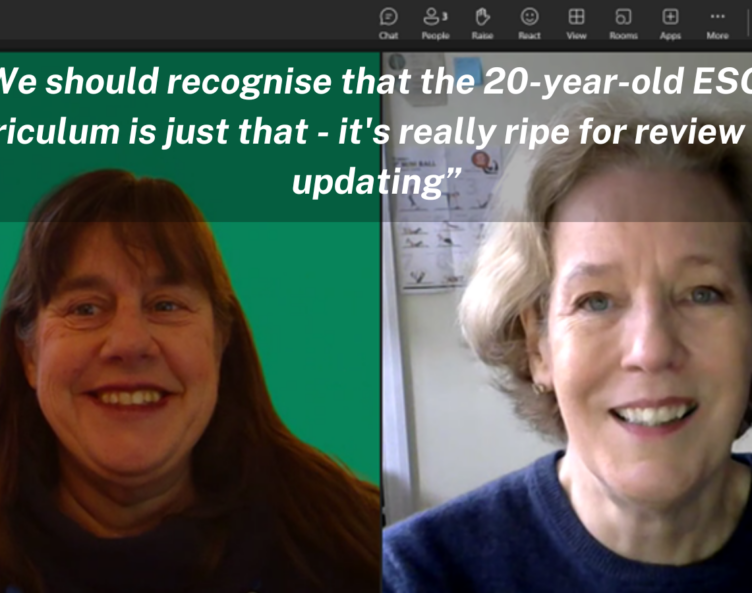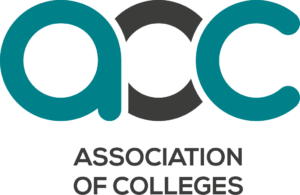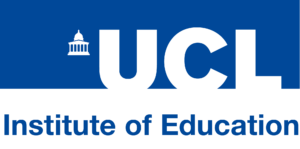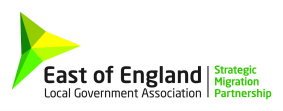Over one in every 50 people of working age in England could benefit from the enhanced educational and employment opportunities offered by developing their proficiency in English. Almost half of this group are British citizens or long-term residents. This figure is equivalent to the number of adults "economically inactive" following the COVID pandemic in the UK.
Attending ESOL classes at the right level can be life-changing for many. For workers with long hours or shifts, for example, ESOL in the workplace could open up new opportunities to gain vital language skills.
Yet the main source of funding for ESOL, the Adult Skills Fund (ASF, formerly Adult Education Budget – AEB), has halved in real terms since 2009, and ESOL policy and strategy have lacked clarity and overall direction. This has left learners facing an ESOL “postcode lottery”.
England also needs funding models in further education to ensure colleges are not disincentivised from offering ESOL provision, and approaches which encourage employers to provide ESOL at work.
familiarisation with working culture in the UK. This is comparatively low- cost and can be expected to pay for itself over time (once learners are in employment and paying taxes).







 ESOL Qualifications and Curriculum Review
ESOL Qualifications and Curriculum Review

 An analysis of 2021 Census data and a literature review examining whether investing in ESOL provision for adult learners makes economic sense.
An analysis of 2021 Census data and a literature review examining whether investing in ESOL provision for adult learners makes economic sense. Education and Employment Outcomes of Young People Who Use English as a Second or Additional Language
Education and Employment Outcomes of Young People Who Use English as a Second or Additional Language Wellbeing and Work for Refugee Integration Evaluation
Wellbeing and Work for Refugee Integration Evaluation